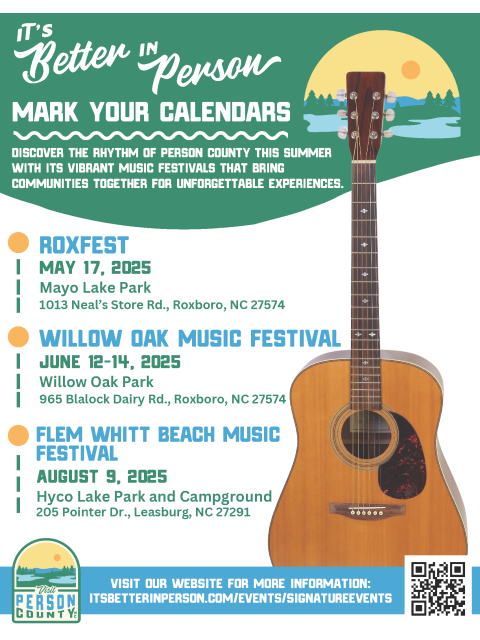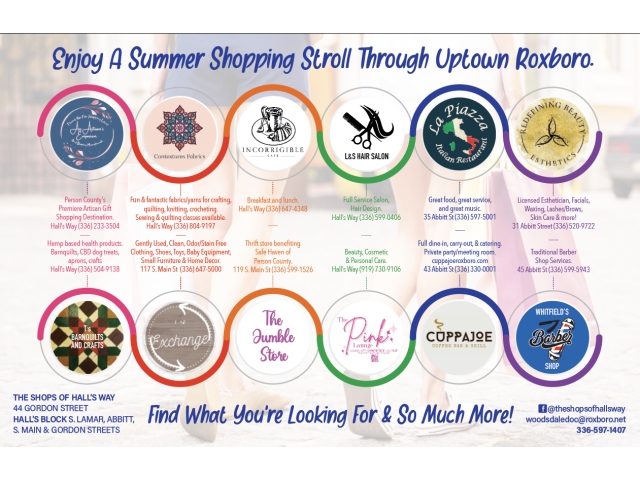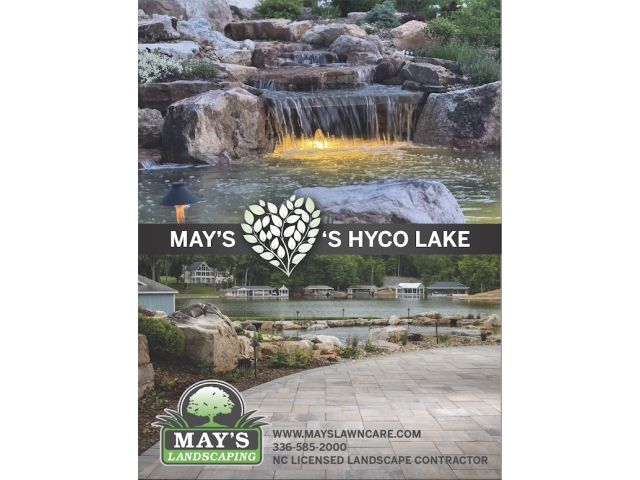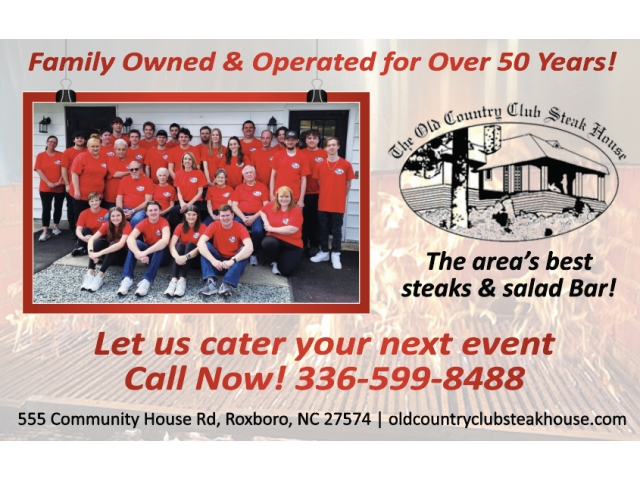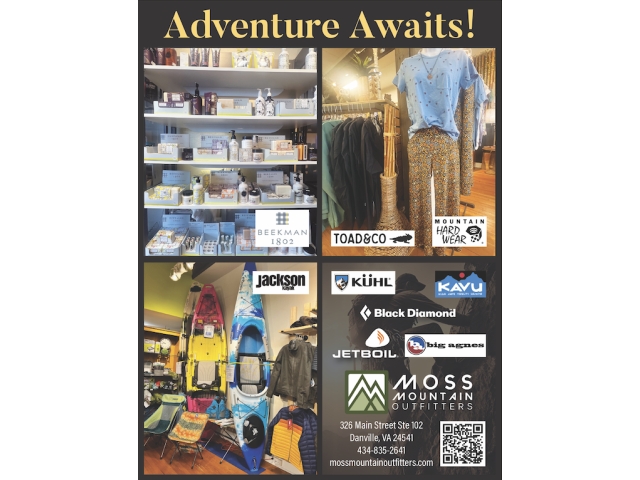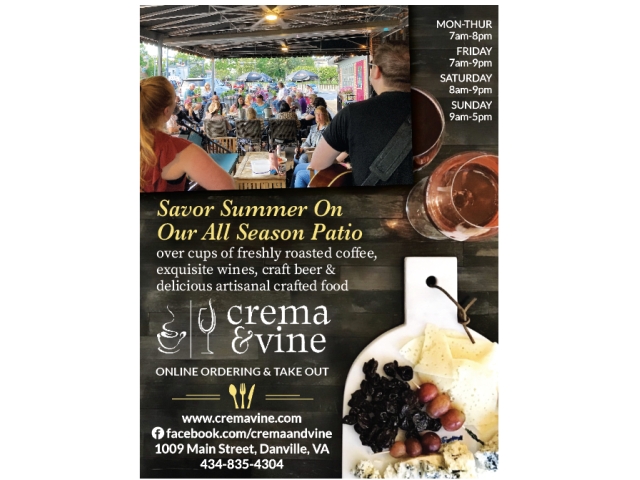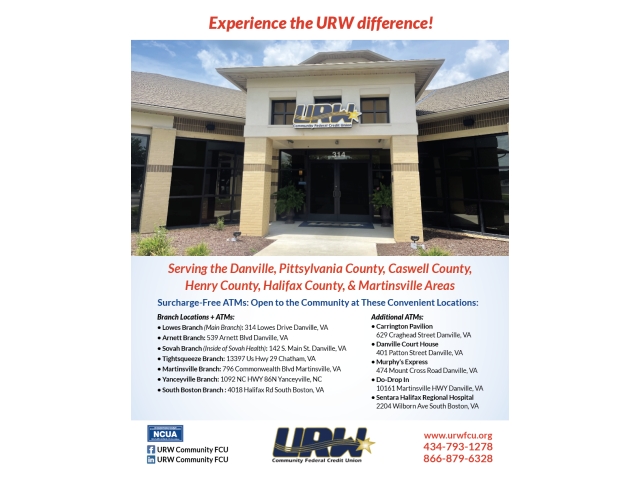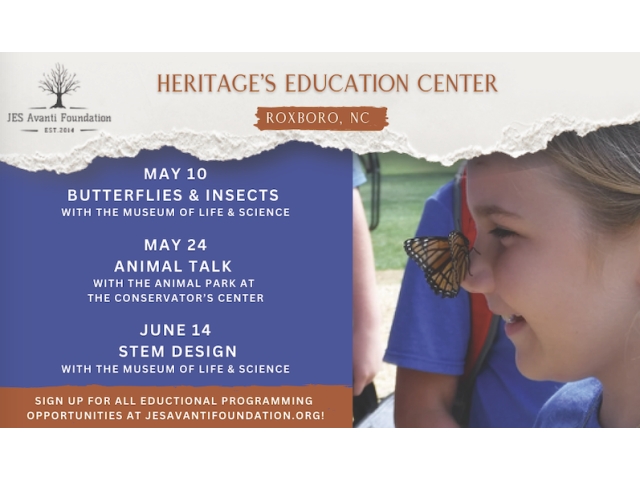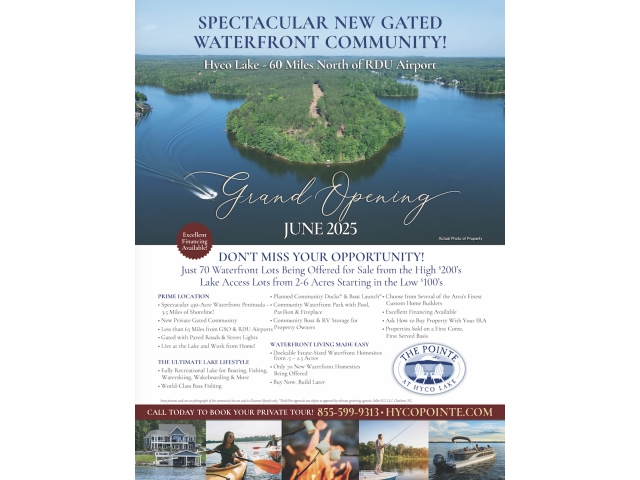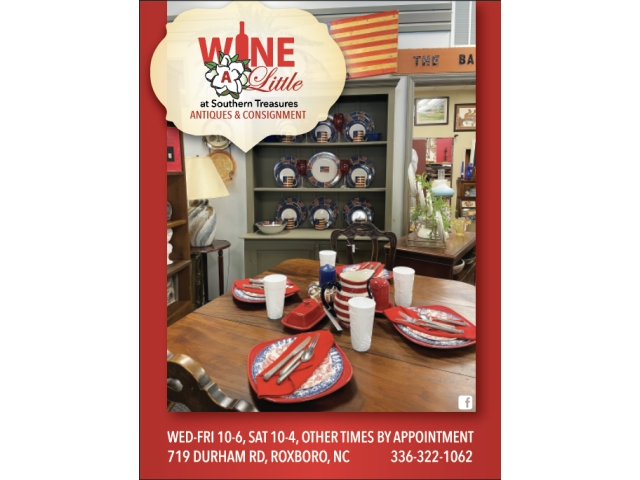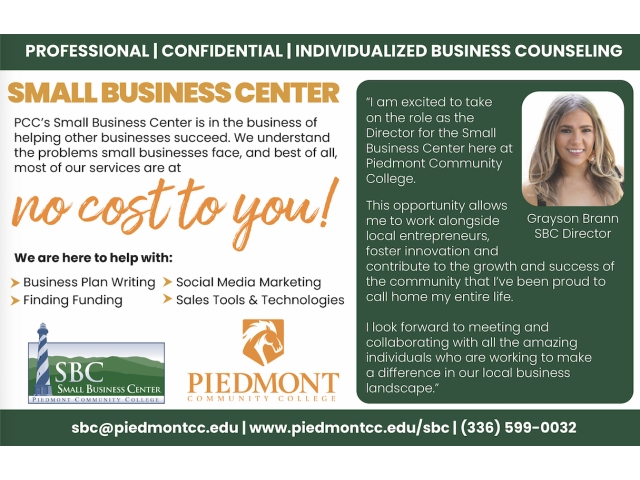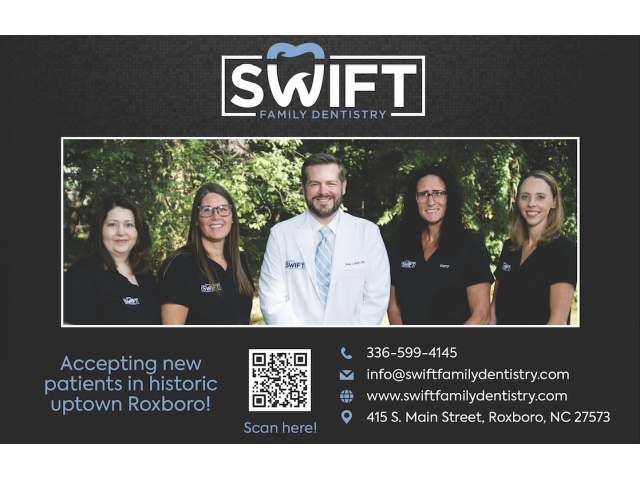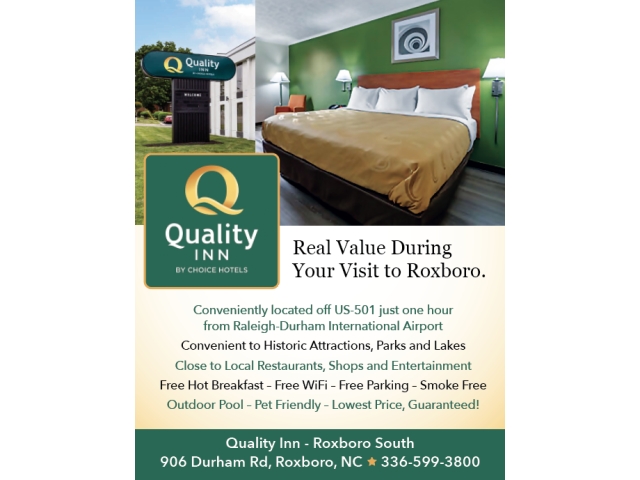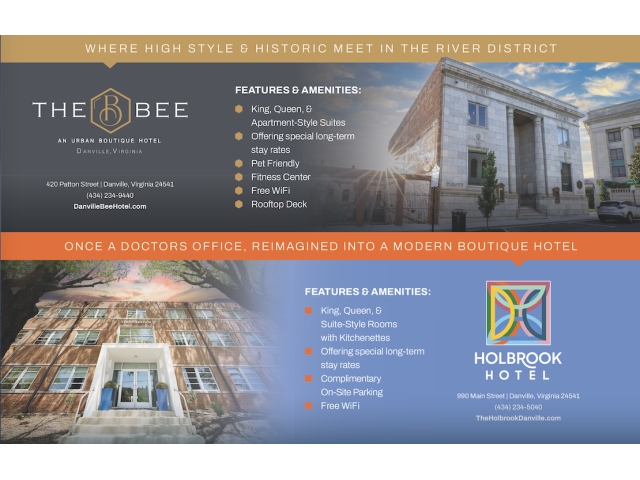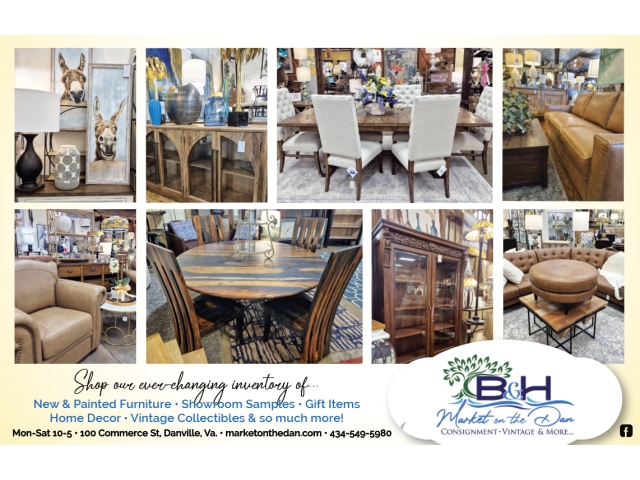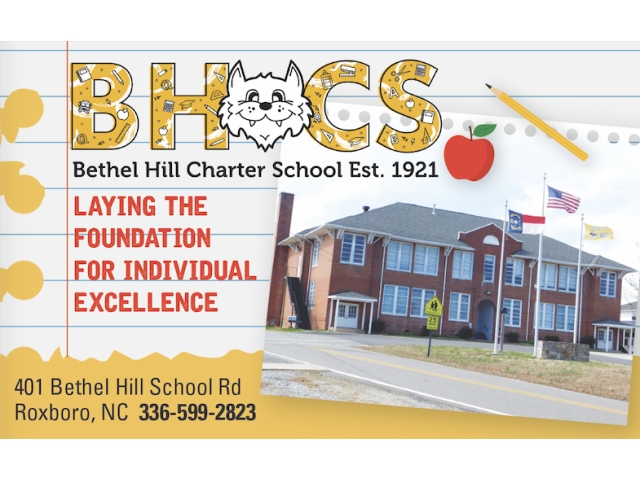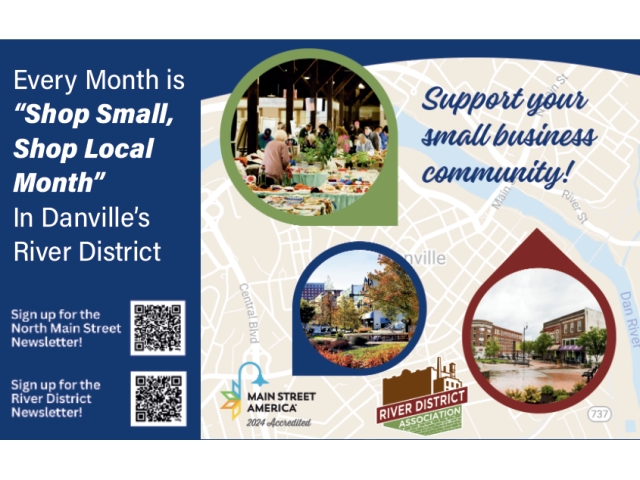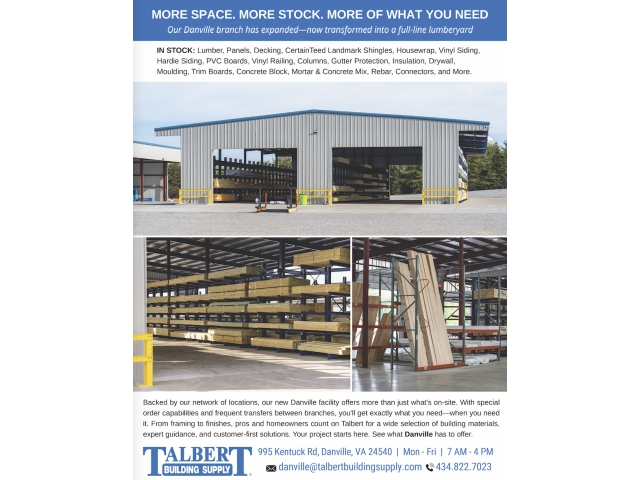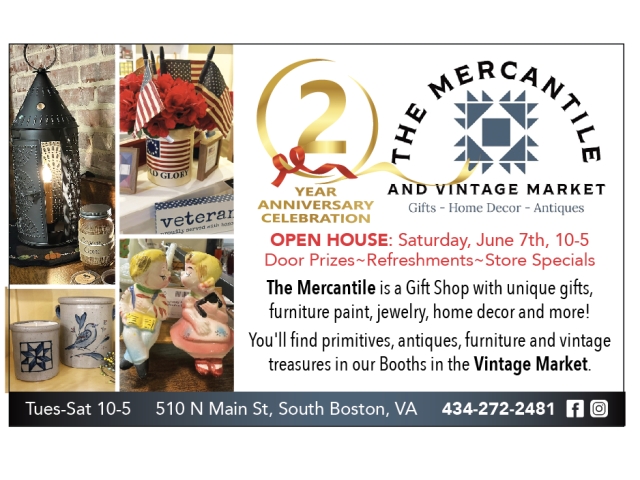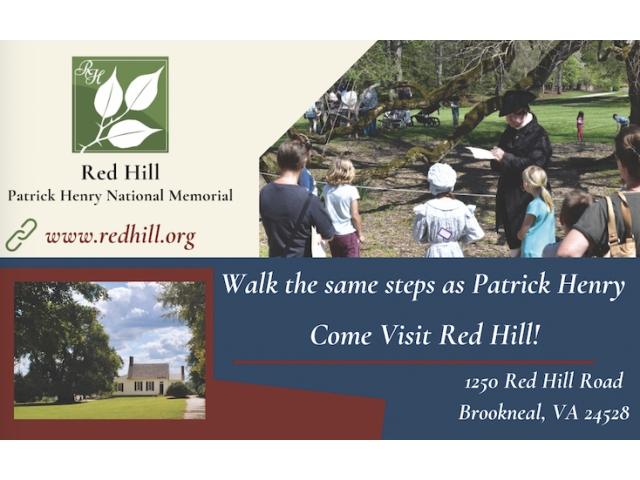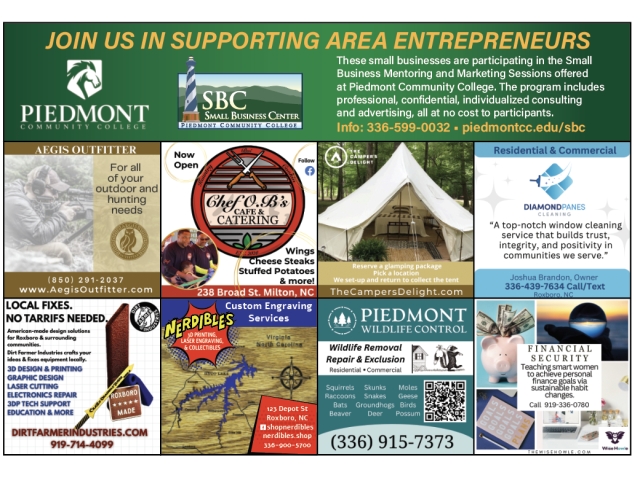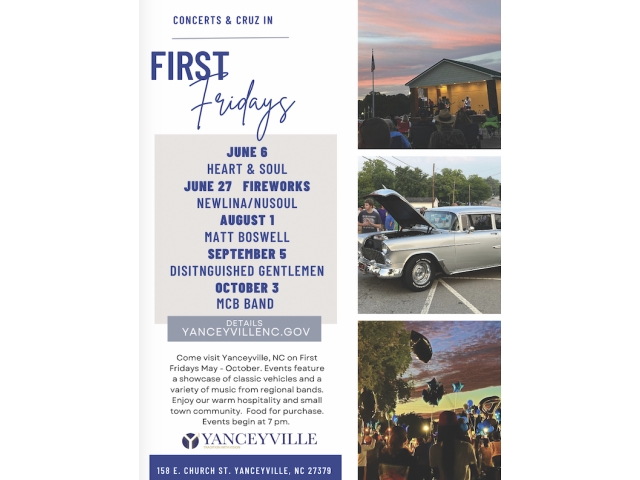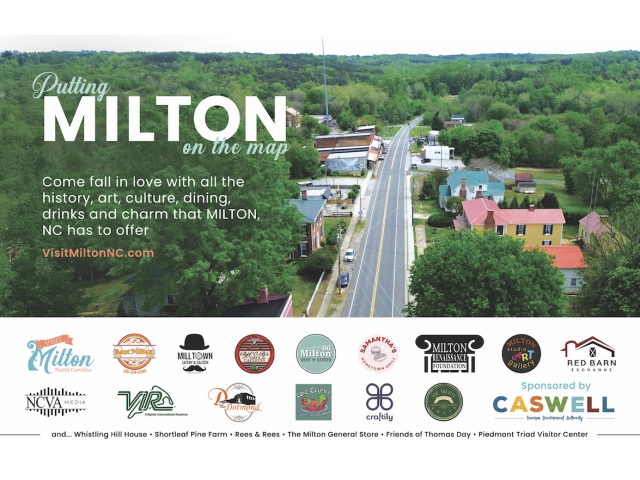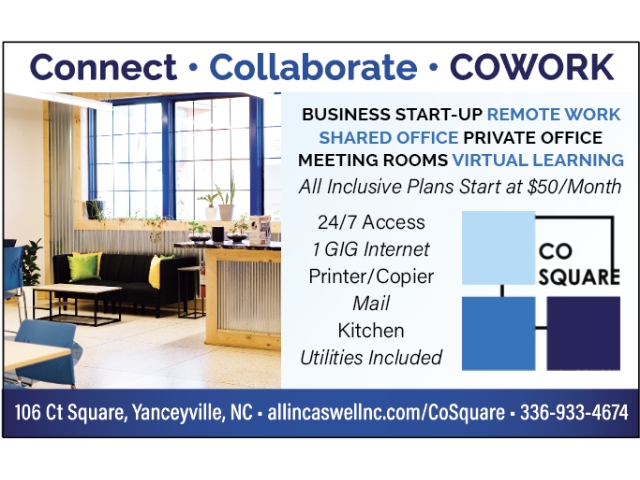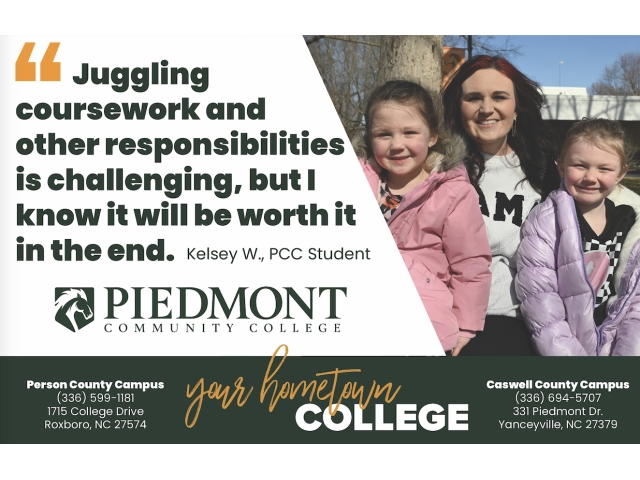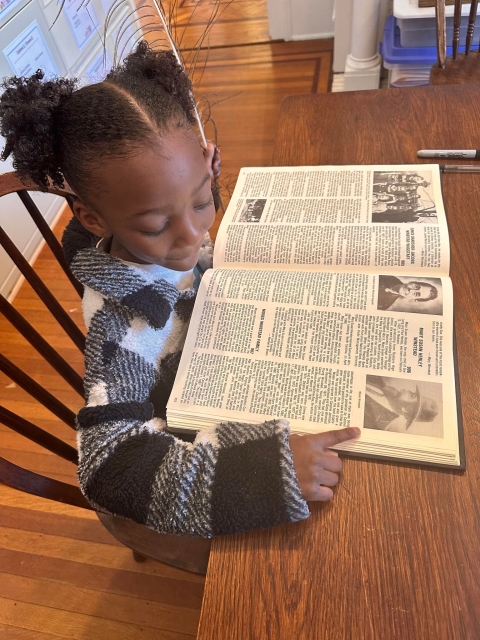
Even the youngest patrons enjoy our reading room. This visitor found her ancestor in one of The Person County Heritage books. Photo by Nikki Winstead
Recently, the Person County Museum of History (PCMH) hosted a program entitled Tracing Our Roots: A Journey Through African American Genealogy. On a drizzly Saturday, more than 50 people gathered to answer the question, “Who are your people?” When they left, guests encouraged us to host more programs like this. There is a hunger to know where we came from, and organizations like the museum are primed to help answer that question.
Genealogy is defined as the study and tracing of lines of descent. Genealogy in common terms is family history research, an innately personal search for the stories of our ancestors. According to a 2021 survey by Ipsos, 70 percent of Americans feel that knowing their family history is important. This value placed on genealogical research is evident in popular culture with mainstream advertising for sites like Ancestry.com and Newspapers.com combined with shows like Finding Your Roots and Genealogy Roadshow.
In some circles, the study of family history is considered outside the academic realm of history. Author Sheila O’Hare summarized the disconnect between the disciplines in her 2002 article published in Common Place: The Journal of Early American Life. “To historians, genealogists are obsessive collectors of meaningless minutiae, enthusiastic but woefully untrained, churning out dubious family trees studded with even more dubious famous names. To genealogists, historians are utterly out-of-touch academics, obliviously offering one jargon-dripping tome after another to an uncaring and uncomprehending world.”
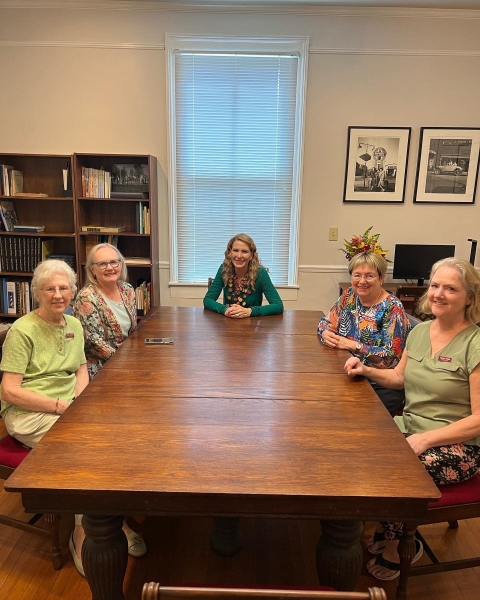
Searching for your roots is not a new pastime. Traditionally, genealogical research was almost exclusive to tracing the pedigree charts of the upper classes. However, in the late 1800s organizations began popping up across the country that put emphasis on answering questions about the family trees of more ordinary people. During this era, lineage-based groups began to form including the Daughters of the American Revolution and the Mayflower Society.
Interest in family history research has waxed and waned over the years, typically spurred by popular culture bringing this type of personal history back into the mainstream. In the late 1970s, Alex Haley’s saga Roots (which is connected to Caswell County) sparked a renewed interest in genealogy and is credited with a surge of researchers at the National Archives in Washington, D.C. where Haley conducted research for his book.
At the Person County Museum of History, “Making History Personal” is our motto, and nothing is more personal than your family. Our mission statement clearly directs us to “collect, preserve, and present” the history of Person County and its people. Over the 30-plus years the museum has existed, it has done just that, gathering texts, photographs, and artifacts that paint a detailed picture of Person County’s past. In 2021, the museum was the recipient of a grant from NC Humanities to create a reading room on the campus. The goal of this project was to consolidate the research materials in the museum collection, create a finding aid, and make these records accessible to researchers.
New family historians are often overwhelmed by the sheer volume of information available and can struggle to know where to start. While online record collections are ever-expanding, there are still more physical records tucked away in the archives of local museums and historical societies. The reading room at PCMH provides a place where people at all levels (and ages) of their research journey can access our collection which includes a mix of primary and secondary sources.
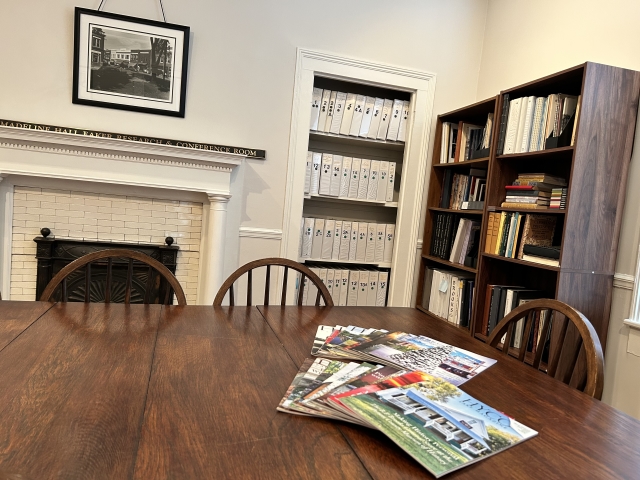
From The Heritage of Person County books compiled by the Person County Historical Society to the papers of various local families, the reading room and archives of the museum are available to help advance research into the people and places of Person County. The collection even includes a set of Hyco Lake Magazine print issues, compliments of NCVA Media, LLC. Other texts include local histories, family histories, and reference books.
In addition to print sources, the reading room also offers complimentary access to online research tools including Ancestry.com, Newspapers.com and Fold3 (a military records database). Over the past several years, PCMH has partnered with the North Carolina Digital Heritage Center (digitalnc.org) to digitize materials in our collection. This partnership enables long-distance researchers to access yearbooks, newspapers, photographs, and other Person County print resources. Visitors to the reading room can also access our contributions to this online collection.
The museum accepts donations of family papers, local history books, and other documents that will add to our collection of resources. Interested donors should contact the museum to discuss their collection. The reading room is open Wednesday through Friday from 10am to 4pm and other times by appointment. Visitors are encouraged to call before visiting as space is limited. An appointment will also ensure there is someone available to assist with research. Individuals interested in volunteering to assist researchers and manage incoming donations should contact the museum. As a small organization, we rely on volunteers to help us in our directive to “Make History Personal.”
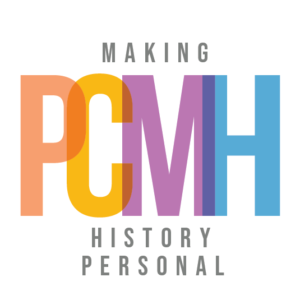
309 N. Main Street
Roxboro, NC 27573
(336) 597-2884
personcountymuseumofhistory@gmail.com
PCMuseumNC.org







